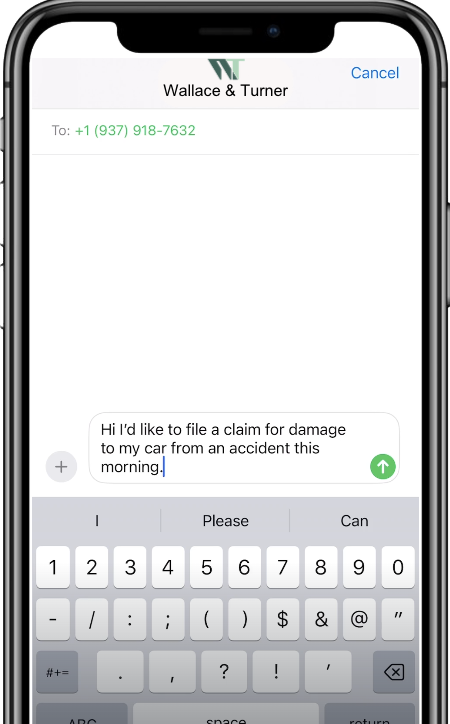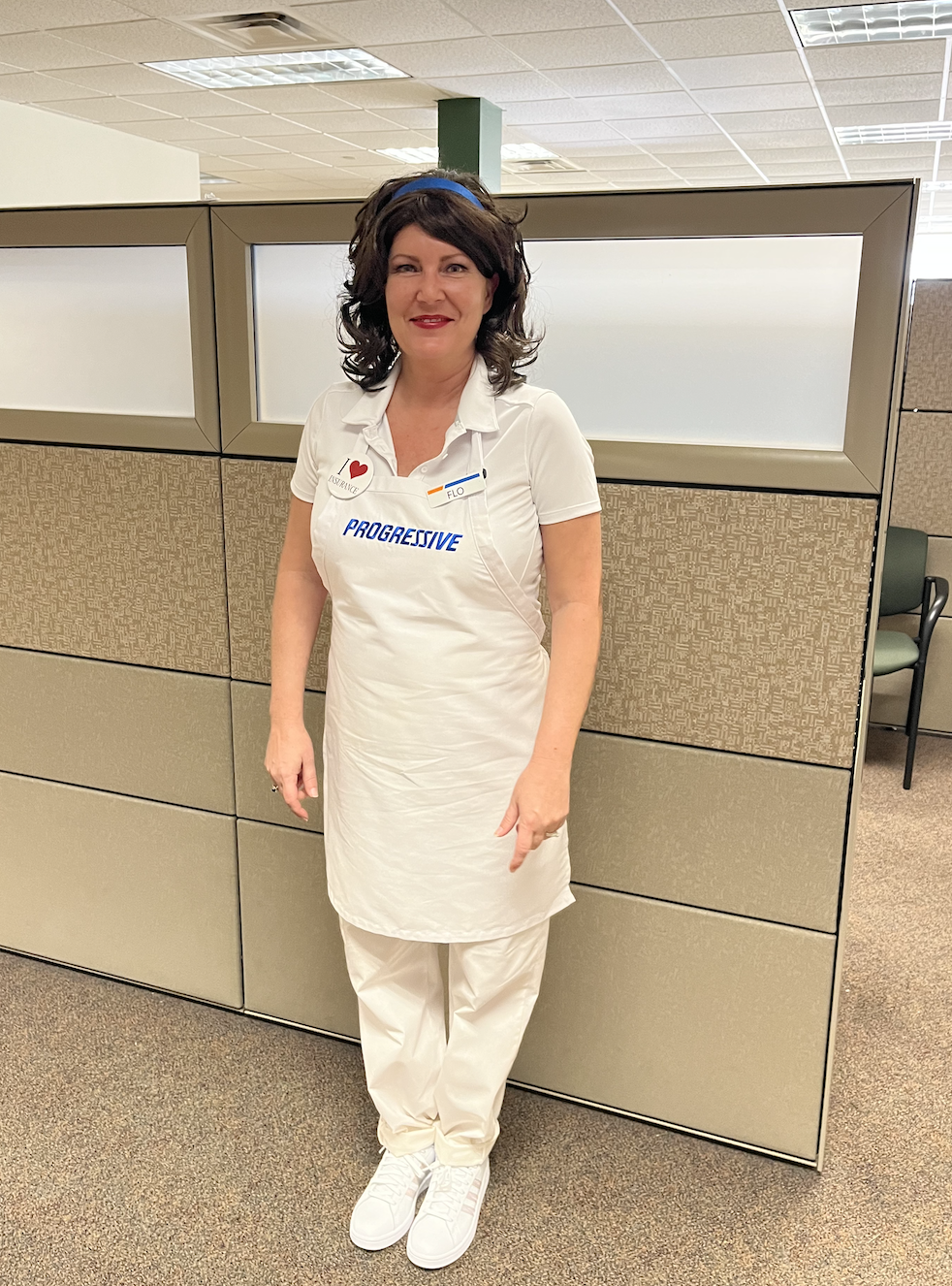For most people, insurance is one of those things that gets filed away and forgotten—until something goes wrong. But Insurance Awareness Day, observed each year in June, is a valuable reminder that coverage shouldn't be a “set it and forget it” part of life. Whether you're an individual safeguarding your home and health, or a business owner managing risk and liability, now is the time to ask: Do I really have the coverage I need?
From rising property values to increasing cyber threats, the world continues to evolve, and so should your insurance. Here’s what you should be reviewing (at a minimum) with your independent insurance agent to make sure you’re protected, informed and financially secure.
Homeowners and Renters Insurance: Are You Covered for What It Would Cost Today?
If you haven’t looked at your homeowners or renters policy in a few years, you might be underinsured. Many people assume their coverage will take care of everything if disaster strikes, but that’s not always the case, especially in today’s economy.
Why review now?
Rising replacement costs: The price of building materials and labor has increased significantly. If your home were damaged or destroyed, would your policy cover what it costs to rebuild today?
Personal property gaps: Think about your electronics, appliances, furniture or new purchases like exercise equipment or luxury handbags. Are they included? Are the limits still realistic?
Natural disaster risks: Flooding and wildfires are on the rise in areas not historically known for them. Standard policies don’t cover flood damage, and wildfire exclusions are increasing in some states.
What to ask your agent:
Do I have replacement cost coverage or actual cash value?
Are my valuables (jewelry, art, electronics) properly covered?
Should I consider additional endorsements or umbrella coverage?
Auto Insurance: Beyond the Basics
If you've recently purchased a newer or more expensive vehicle, you’ll want to make sure you're fully protected.
Why review now?
Underinsured motorists: Accidents involving uninsured or underinsured drivers are more common than you might think.
Rising repair costs: Advanced safety and tech features mean even minor fender-benders can result in expensive repairs.
Lifestyle changes: If you’re commuting less, bundling policies or adding teen drivers to your household, your rates and needs could shift.
What to ask your agent:
Is my liability limit high enough to protect my assets?
Should I have comprehensive and collision coverage?
Do I need gap insurance for a new vehicle?
How does my deductible affect my premium?
Business Insurance: What Growing Companies Often Miss
For business owners, having the right insurance can mean the difference between survival and bankruptcy after an unexpected event. Yet many small and midsize businesses are underinsured or unaware of new risks that require coverage.
Why review now?
Cyber threats are growing: Every size of business is at risk. Even small businesses are frequent targets of data breaches and phishing scams.
Remote work shifts liability: Having employees work from home can change your exposure.
Business interruption insurance: COVID-19 revealed how many companies weren’t clear on their policies.
What to ask your agent:
Do I have the right level of general liability and professional liability coverage?
Should I consider cyber liability or employment practices liability insurance?
What’s excluded from my current policies?
How would my business income be protected during a disruption?
Umbrella Policies: Extra Protection for Life’s “What Ifs”
An umbrella policy provides an extra layer of liability coverage beyond what your homeowners or business policy typically includes. It’s relatively affordable and can be crucial if you’re sued for a large amount—especially in today’s litigious environment.
Why review now?
Asset protection: If you have savings, property or investments, you need to protect them from large liability claims.
Peace of mind: Accidents happen—even one social media post or dog bite could lead to a lawsuit.
What to ask your agent:
At what net worth level should I consider umbrella coverage?
How does it coordinate with my existing policies?
What scenarios are most commonly covered?
Life Insurance: A Future-Focused Conversation
Life insurance is not just for people with dependents or those approaching retirement. If you have student loans with a co-signer, a mortgage or anyone who depends on your income, it’s worth considering. And if you already have a policy, it’s important to revisit the details as your life evolves.
Why review now?
Milestones matter: Marriage, children, homeownership and career changes should trigger a review.
Employer-provided insurance isn’t always enough: Many people rely on workplace policies that may not be portable or adequate.
Policy types vary: Term vs. whole life, cash value options and riders can significantly change what you’re getting—and paying.
What to ask your agent:
How much coverage do I really need?
What are the pros and cons of term vs. permanent insurance?
Are my beneficiaries up to date?
Can I convert or adjust my existing policy?
Contact Wallace & Turner’s Life & Health Team.
Awareness and Knowledge Leads to Better Protection
Insurance Awareness Day isn’t just about checking a box—it’s about taking control of your financial well-being. An annual review with your independent agent can help you avoid surprises, close dangerous gaps and even find savings through smarter bundling or updated risk assessments.
Life changes. The economy shifts. Risks evolve. Your coverage should too.






















